After Brussels Bombings, What Can European, US Airports Learn From Tough Security Checks At Israel’s Ben-Gurion Airport?
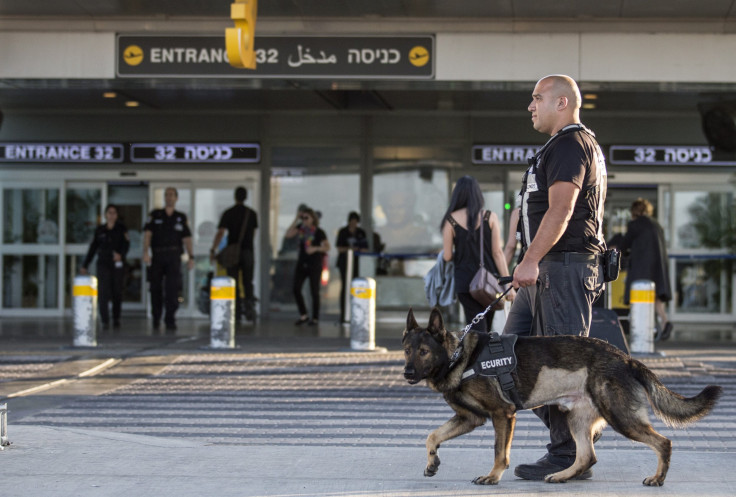
TEL AVIV, Israel – “What are the names of your mother’s cousins?” “Where did you go to school?” “When did you visit Morocco?” “Did you talk to anyone while you were there?”
The security questions asked at Israel’s Ben Gurion Airport would not seem out of place in a prison interrogation room or on a particularly intrusive date. But this type of passenger profiling, enabling check-in agents to concentrate on destinations and passengers who pose a higher security risk, is exactly the kind of technique, airport security experts say, that should be used in European and American airports to prevent more deadly attacks like the one in the Brussels airport Tuesday, where 11 people were killed (not counting two terrorists) and scores more injured, after two suicide bombers reportedly allied with the Islamic State group detonated their explosive devices in the main terminal of Zaventem international airport.
Neri Yarkoni, an Israeli pilot and former head of the Civil Aviation Authority, told International Business Times, “What happened in Brussels [would be] almost impossible in Israel.” Pini Schiff, a former head of security at Ben Gurion Airport agreed. “No security measure can be 100 percent successful — it’s not an insurance company — but [a Brussels-style bomb attack] couldn’t happen here.”
Schiff cited Israel’s 45 years of experience in airport security following Palestinian terror attacks on Israeli planes and passengers in the 1970s as the primary reason why the small Middle Eastern country is the world leader in airport security. “We are carrying a great deal of experience, manpower and technology. It’s a whole philosophy … [We are] sharing intelligence, information. We recruit the best people from the IDF [Israeli Defense Forces] and train them in the best academies.”
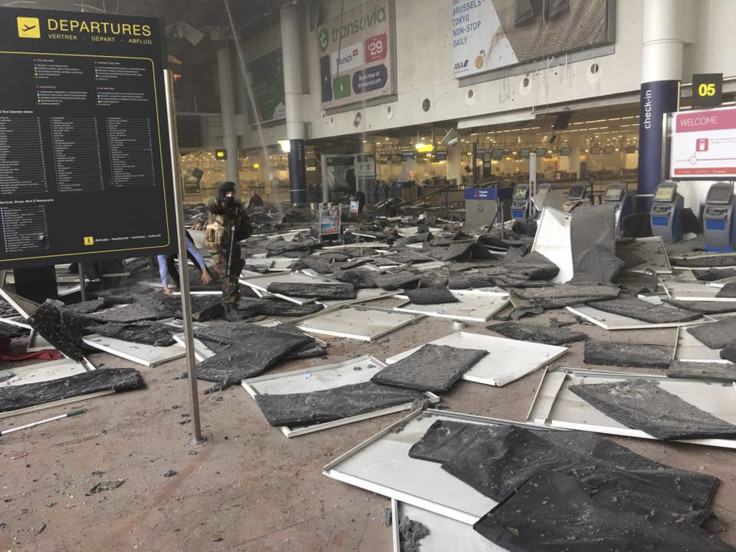
But it’s not realistic, Yarkoni warned, to expect European airports to follow Israel’s lead so easily. Ben Gurion airport has some 15 million passengers passing through yearly, a relatively small number. London’s Heathrow Airport, by comparison, has more than 73 million annual arrivals and departures.
People traveling to Ben Gurion Airport can expect their first security check five miles before they enter the main terminal building, when a checkpoint run by Israeli military personnel screens potential visitors and searches their vehicles, a method that would not be practical in most built-up cities in Europe.
But Yarkoni is not an advocate of screening for all. Instead, he says, more effort should be made on targeting the small percentage of passengers who are more likely to present a heightened security threat.
“It’s not politically correct to do it or to say it, but [to be effective] you need to concentrate on those [whose backgrounds or nationalities] have a history of blowing up airports,” he said. “[In Europe] people will say it is discrimination. I call it distinction. You don’t need to target Swedish grandmas in Stockholm when they have never been a threat before.”
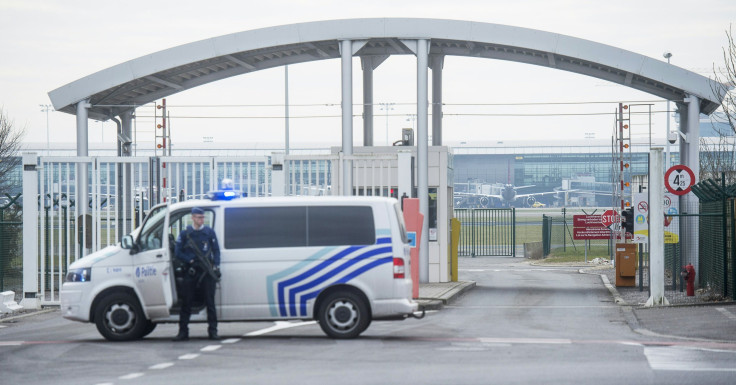
This method of profiling has been criticized for targeting nonwhite passengers and those traveling to and from non-Western countries but all the security experts IBT spoke to said it was the only method proven to substantially reduce the risk of airport terror attacks.
Ed Clark, a retired U.S. Special Forces officer and a senior consultant at the risk management company iJET, told IBT in a phone interview from California: “Profiling is an excellent tool. It’s not about distinguishing between people based on skin color, gender or religion. [It’s about] another layer of observation: ‘Where are [passengers] making trips to? Have they made recent purchases of chemicals? Do they have burned or injured hands? Are they wearing gloves?’”
European and American airports are not used to taking this systemic approach, Clark said. “It will take a government or an airport of strategic significance to say, ‘We’re going to do this.’” Airports must either revise their security measures, Clark advised, to deter or spot would-be attackers, or further bombings will likely follow and countries will face a deleterious economic effect as airports and transport hubs are closed, as happened across Europe Tuesday.
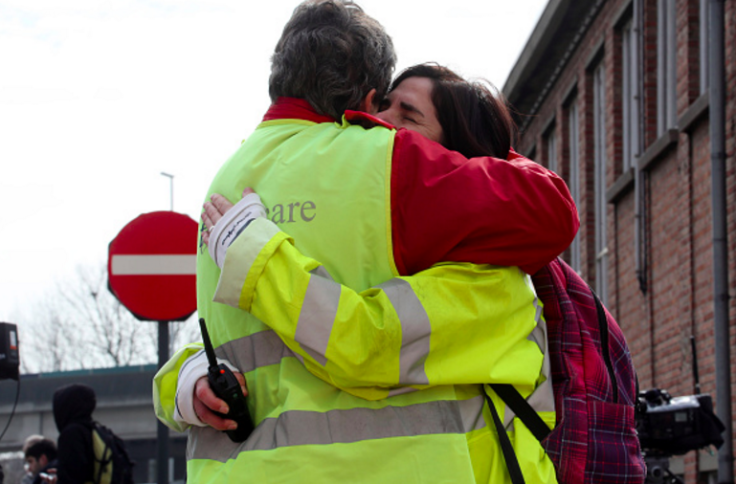
After the bombings, Israeli newspaper Haaretz reported that Belgian security services, as well as other Western intelligence agencies, had "advanced and precise intelligence warnings" about the attacks, including the locations. The problem is a lack of common sense, according to Philip Baum, author of "Violence in the Skies: A History of Aircraft Hijacking and Bombing." Governments frequently implement “knee-jerk security measures” in the aftermath of an attack that do not improve security. “The liquid regime [not permitting passengers to travel with liquids in containers above 100 ml] is devoid of any common sense whatsoever. That is why Israel doesn’t use it,” Baum told IBT.
“Good security is security on the move. It should be unpredictable.” Regulators are wary of profiling, Baum says, “because they don’t like anything subjective.”
“[Profiling] is politically a hot potato. You can’t test a gut feeling.” However, there’s been a gradual acceptance, Baum said, because it works. “I’m a passionate believer in behavioral analysis and profiling … [Airports could improve their security] by having more plain-clothes police officers patrolling airport terminals.”
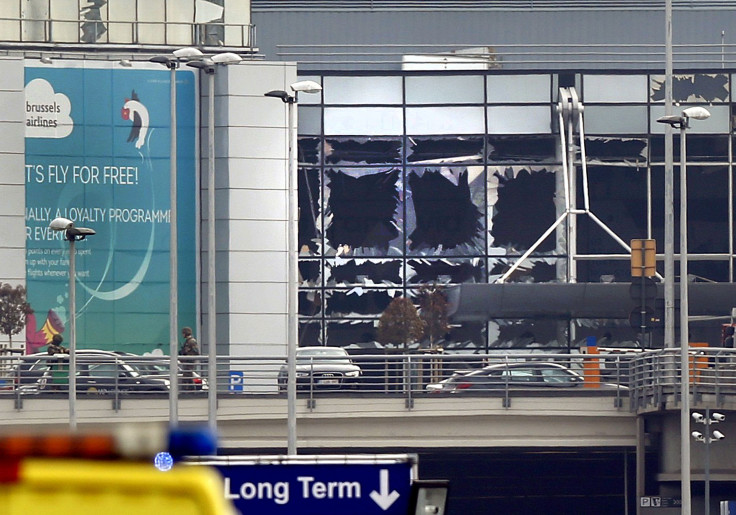
The consensus among aviation security experts is that European airports have a long way to go before they can enjoy the same security perks as Ben Gurion Airport, which is decades ahead and, because of such factors as size, can adapt more quickly to security threats.
Schiff has a practical suggestion: “[The Brussels bombings] are a wake-up call – Sept. 11 in Europe. No one government will take responsibility but they have a lot to do. They should come to Israel and learn from us.”
© Copyright IBTimes 2024. All rights reserved.




















